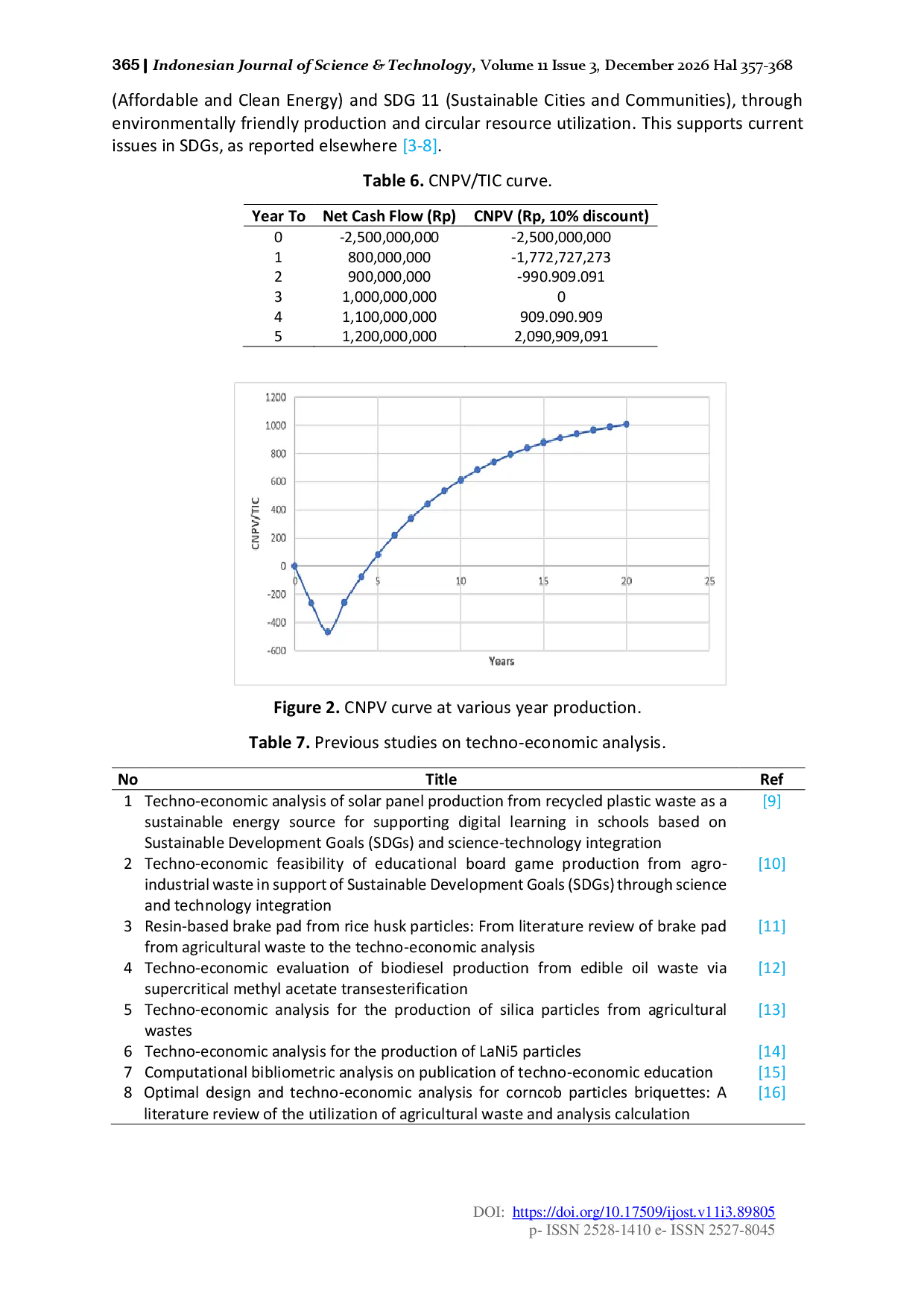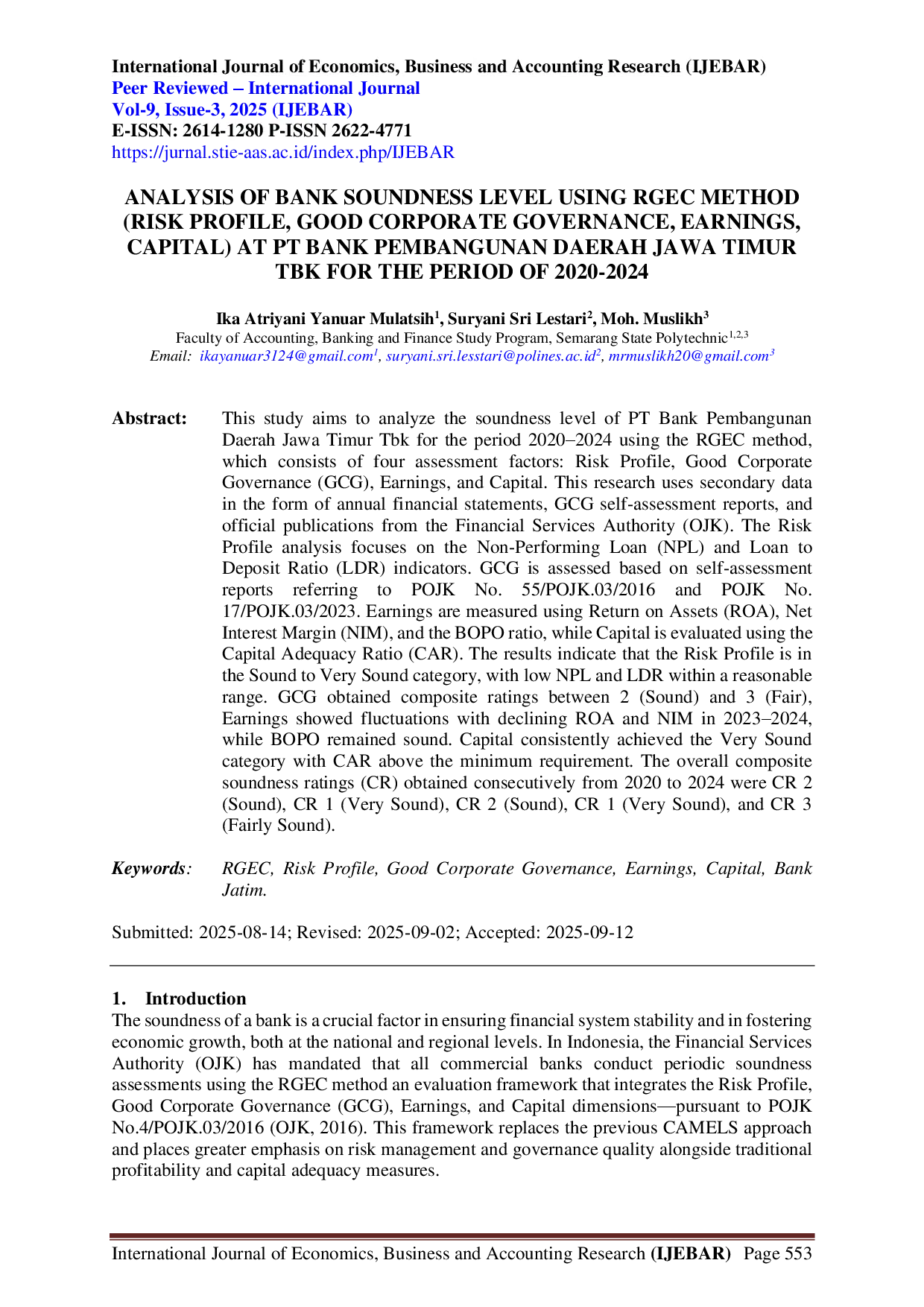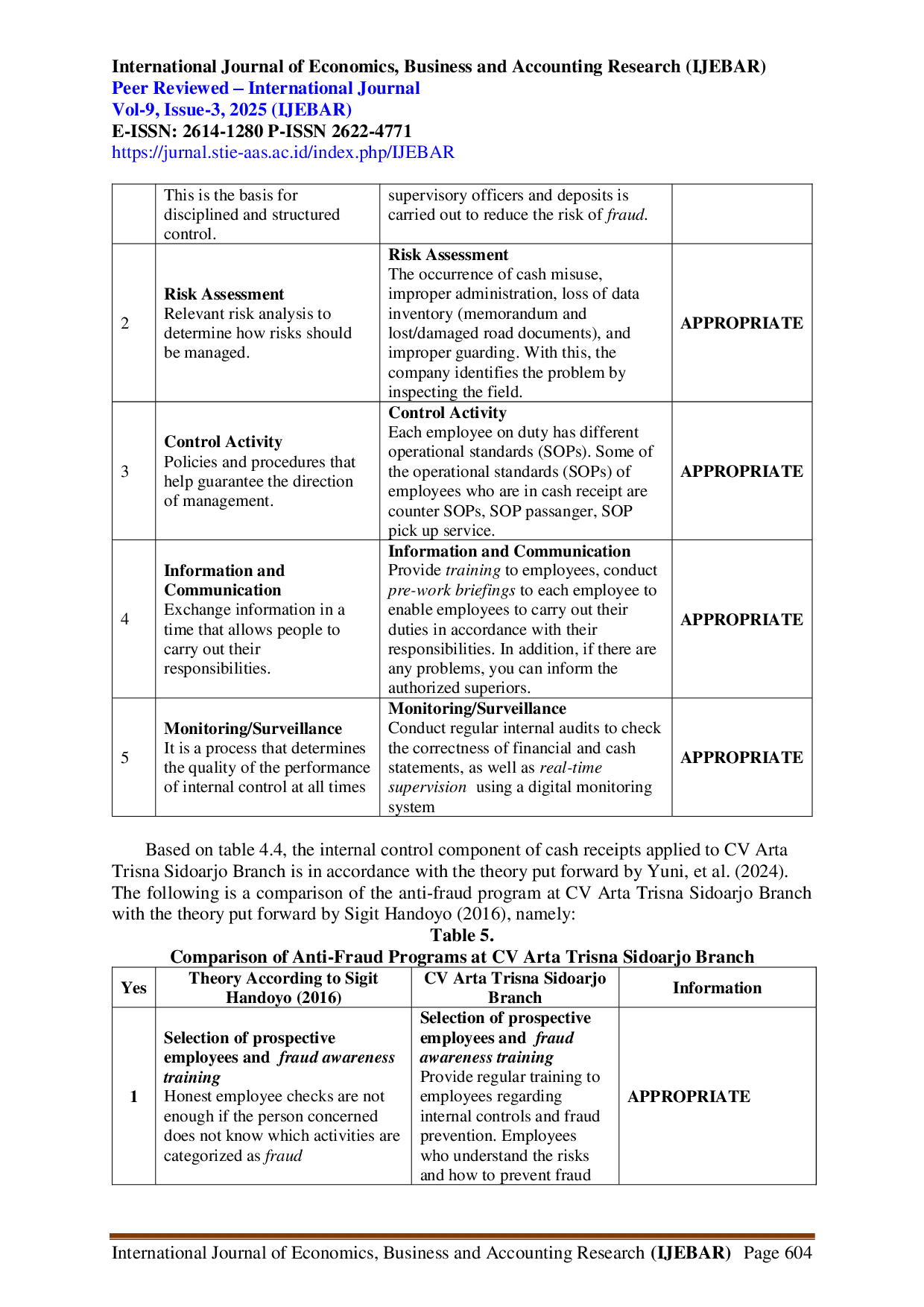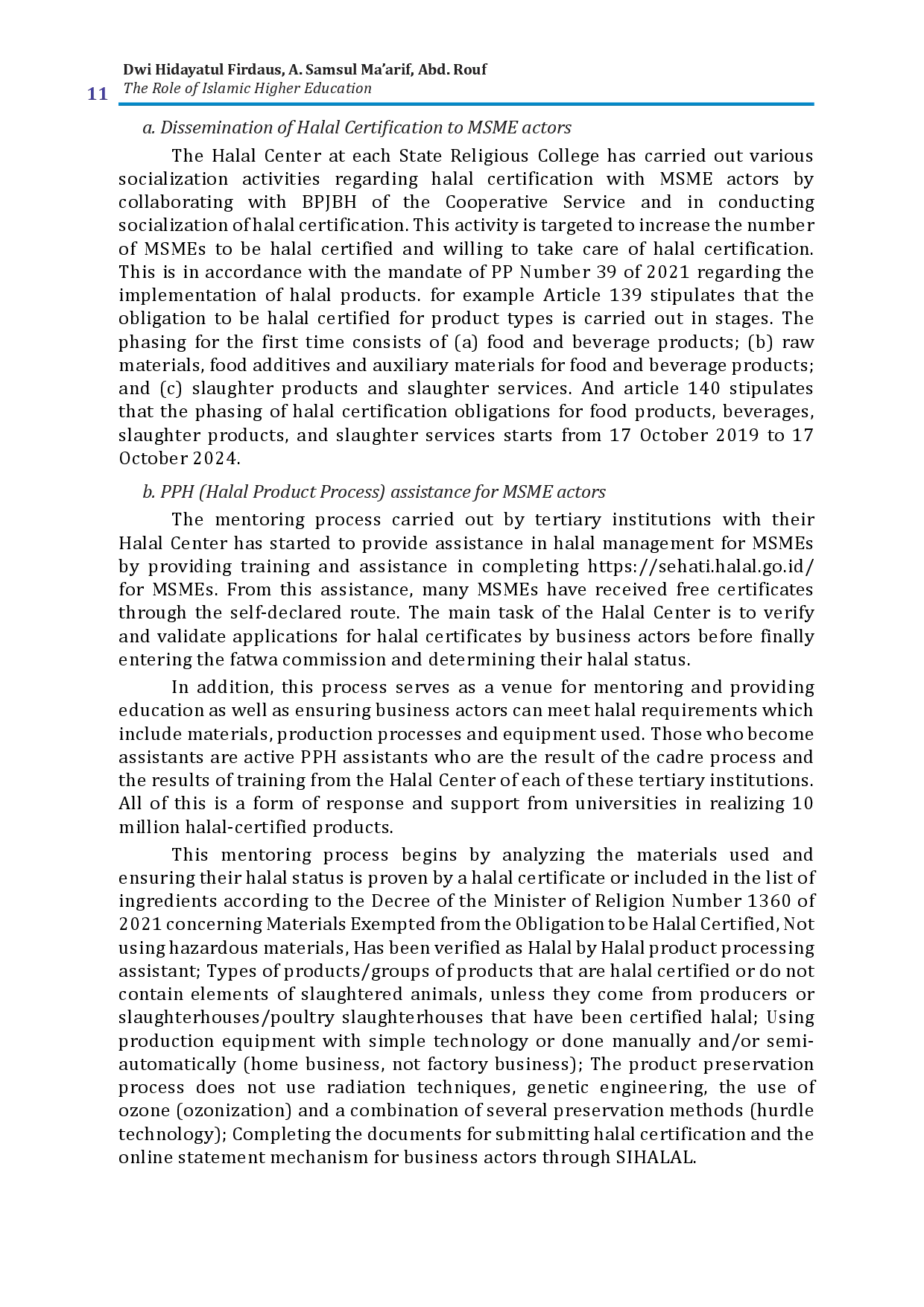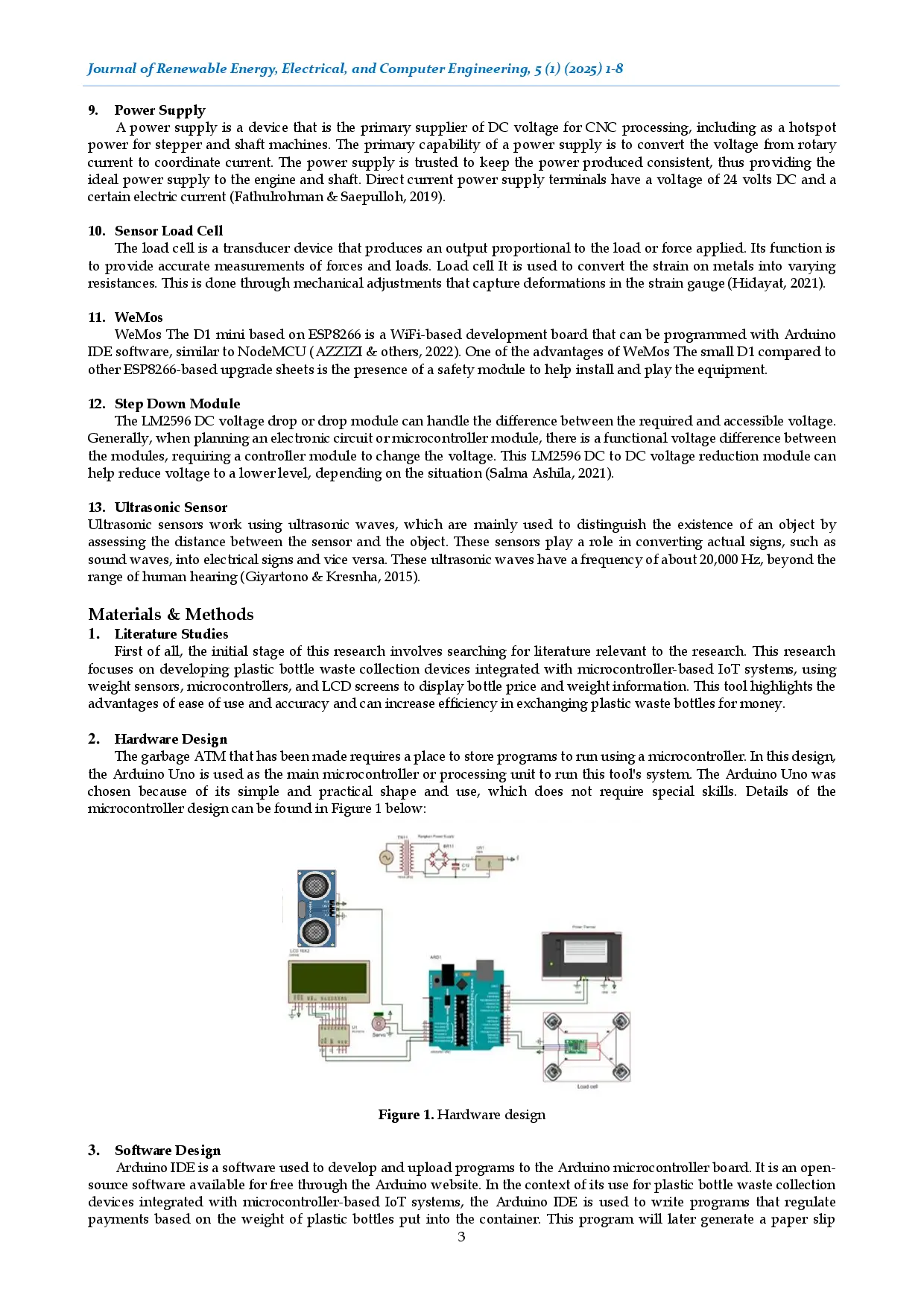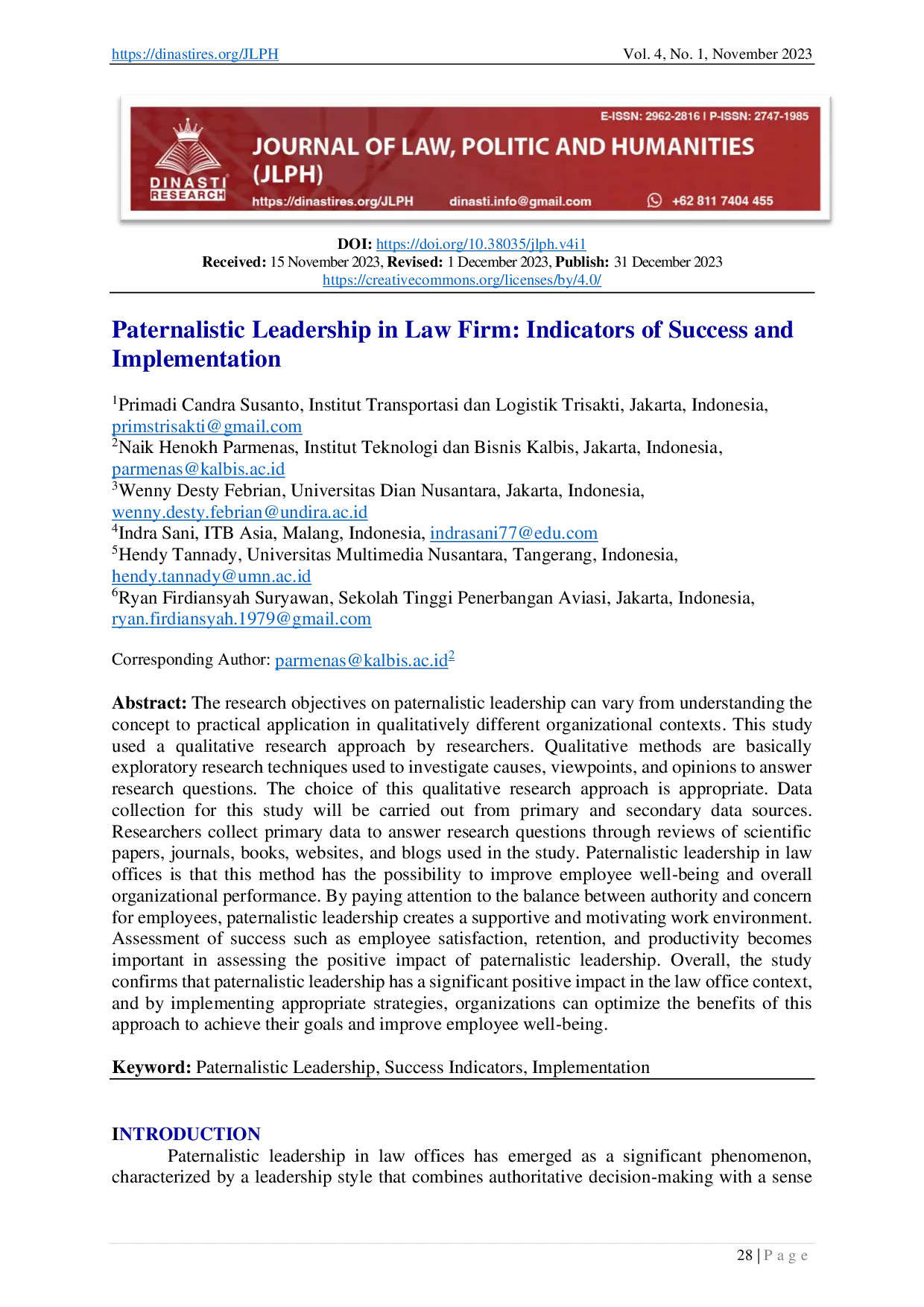INTELEKTUALINTELEKTUAL
EduLearnEduLearnThis study investigated the direct and indirect effects of learning styles, ethics education, and ethical climate on students ethical behavior. The samples were obtained through a proportionate random sampling technique so that 273 students had taken the courses of conservation education, professional ethics for teachers, and business ethics. The data were collected using questionnaires and analyzed using path analysis. The research findings showed that learning styles and ethical education could directly influence ethical behavior. At the same time, the ethical climate did not have a direct influence on ethical behavior. The ethical climate could not mediate the effect of learning styles and ethics education on ethical behavior. It means that learning styles and ethical education contribute significantly to the formation of good behavior and students characters. It is supporting a learning styles approach suggests that it offers benefit to students.
Learning styles and ethic education had a positive and significant effect on ethical behavior.However, when those independent variables were mediated by ethical climate the effect was insignificant.Learning styles and ethics education contribute significantly to the formation of good behavior and students characters.Moreover, learning styles and ethics education play an essential role in shaping students behavior.The ethical climate of the university is an informal learning space where students can be good members of the climate and gain concrete experiences, in a sense the practical application of vicarious learning.
Berdasarkan penelitian ini, beberapa saran penelitian lanjutan dapat diajukan untuk memperdalam pemahaman tentang perilaku etis mahasiswa. Pertama, penelitian selanjutnya dapat mengeksplorasi peran mediasi dari faktor-faktor lain, seperti dukungan sosial dari teman sebaya atau pengaruh keluarga, dalam hubungan antara gaya belajar, pendidikan etika, iklim etika, dan perilaku etis mahasiswa. Hal ini dapat memberikan gambaran yang lebih komprehensif tentang faktor-faktor yang memengaruhi perilaku etis mahasiswa. Kedua, penelitian dapat difokuskan pada pengembangan intervensi yang efektif untuk meningkatkan iklim etika di lingkungan universitas. Intervensi ini dapat berupa program pelatihan untuk dosen dan staf, kampanye kesadaran etika, atau perubahan kebijakan yang mendukung perilaku etis. Ketiga, penelitian dapat menginvestigasi bagaimana karakteristik individu, seperti kepribadian atau nilai-nilai moral, berinteraksi dengan gaya belajar, pendidikan etika, dan iklim etika dalam memprediksi perilaku etis mahasiswa. Dengan memahami interaksi ini, universitas dapat merancang program yang lebih personal dan efektif untuk mengembangkan karakter etis mahasiswa.
- Validate User. validate user sorry experiencing unusual traffic time please help confirm robot take content... doi.org/10.1108/01140580910956858Validate User validate user sorry experiencing unusual traffic time please help confirm robot take content doi 10 1108 01140580910956858
- Academic Dishonesty and Achievement Motivation: A Delicate Relationship | Idrus | Higher Education of... doi.org/10.3968/8738Academic Dishonesty and Achievement Motivation A Delicate Relationship Idrus Higher Education of doi 10 3968 8738
- Validate User. validate user sorry experiencing unusual traffic time please help confirm robot take content... emerald.com/medar/article/24/3/390-413/288432Validate User validate user sorry experiencing unusual traffic time please help confirm robot take content emerald medar article 24 3 390 413 288432
- Validate User. validate user sorry experiencing unusual traffic time please help confirm robot take content... doi.org/10.1108/JMD-04-2014-0030Validate User validate user sorry experiencing unusual traffic time please help confirm robot take content doi 10 1108 JMD 04 2014 0030
| File size | 348.86 KB |
| Pages | 10 |
| DMCA | Report |
Related /
UPIUPI Alat analisis keuangan standar, termasuk nilai bersih sekarang kumulatif (CNPV) dan perhitungan pengembalian investasi, diterapkan untuk menilai kelayakanAlat analisis keuangan standar, termasuk nilai bersih sekarang kumulatif (CNPV) dan perhitungan pengembalian investasi, diterapkan untuk menilai kelayakan
STIE AASSTIE AAS Analisis Risk Profile berfokus pada indikator Non-Performing Loan (NPL) dan Loan to Deposit Ratio (LDR). GCG dinilai berdasarkan penilai mandiri terhadapAnalisis Risk Profile berfokus pada indikator Non-Performing Loan (NPL) dan Loan to Deposit Ratio (LDR). GCG dinilai berdasarkan penilai mandiri terhadap
JOURNALCENTERJOURNALCENTER 0,033 < 0,05. Secara parsial variabel komitmen organisasi tidak berpengaruh secara signifikan terhadap variabel kinerja karyawan, dengan nilai Sig. 0,8840,033 < 0,05. Secara parsial variabel komitmen organisasi tidak berpengaruh secara signifikan terhadap variabel kinerja karyawan, dengan nilai Sig. 0,884
STIE AASSTIE AAS Prosedur penerimaan kas di CV Arta Trisna cabang Sidoarjo telah dilaksanakan dengan baik melalui implementasi dokumen dan sistem pencatatan terintegrasiProsedur penerimaan kas di CV Arta Trisna cabang Sidoarjo telah dilaksanakan dengan baik melalui implementasi dokumen dan sistem pencatatan terintegrasi
PERADABANPUBLISHINGPERADABANPUBLISHING pengembangan sumber daya manusia, peningkatan akses sertifikasi halal, serta pendorongan penelitian dan inkubasi produk halal bagi UMKM. Perguruan tinggipengembangan sumber daya manusia, peningkatan akses sertifikasi halal, serta pendorongan penelitian dan inkubasi produk halal bagi UMKM. Perguruan tinggi
ITSPKUITSPKU Keluarga juga perlu untuk mendampi anak yang akan menjalani tindakan operasi. Hasil penelitian ini menunjukkan bahwa pengalaman operasi dan kehadiran keluargaKeluarga juga perlu untuk mendampi anak yang akan menjalani tindakan operasi. Hasil penelitian ini menunjukkan bahwa pengalaman operasi dan kehadiran keluarga
ITSPKUITSPKU Penelitian ini menyimpulkan bahwa tekanan darah awal penderita hipertensi di PKK Mojosongo rata-rata sebesar 134,00/84,80 mmHg, berada dalam kategori highPenelitian ini menyimpulkan bahwa tekanan darah awal penderita hipertensi di PKK Mojosongo rata-rata sebesar 134,00/84,80 mmHg, berada dalam kategori high
ESC IDESC ID Selain itu, baik sikap maupun karakteristik individu memiliki pengaruh simultan terhadap intensi kewirausahaan mahasiswa. Sikap dan karakteristik individuSelain itu, baik sikap maupun karakteristik individu memiliki pengaruh simultan terhadap intensi kewirausahaan mahasiswa. Sikap dan karakteristik individu
Useful /
IAINPTKIAINPTK Penelitian ini menunjukkan bahwa pemikiran hukum Muhammad Arsyad al-Banjari dalam Kitāb al-Nikāḥ menyajikan model integratif yang menyelaraskan normaPenelitian ini menunjukkan bahwa pemikiran hukum Muhammad Arsyad al-Banjari dalam Kitāb al-Nikāḥ menyajikan model integratif yang menyelaraskan norma
JOURNALCENTERJOURNALCENTER Penerapan gaya kepemimpinan yang baik, lingkungan kerja yang kondusif, dan peningkatan motivasi kerja dapat meningkatkan kinerja karyawan secara signifikan.Penerapan gaya kepemimpinan yang baik, lingkungan kerja yang kondusif, dan peningkatan motivasi kerja dapat meningkatkan kinerja karyawan secara signifikan.
UNIMALUNIMAL Sistem penelitian mencakup pengukuran berat botol plastik melalui sel beban, pemrosesan data oleh mikrokontroller Arduino Uno, serta integrasi IoT untukSistem penelitian mencakup pengukuran berat botol plastik melalui sel beban, pemrosesan data oleh mikrokontroller Arduino Uno, serta integrasi IoT untuk
DINASTIRESDINASTIRES Pengumpulan data dilakukan dari sumber data primer dan sekunder, termasuk kajian terhadap makalah ilmiah, jurnal, buku, situs web, dan blog. KepemimpinanPengumpulan data dilakukan dari sumber data primer dan sekunder, termasuk kajian terhadap makalah ilmiah, jurnal, buku, situs web, dan blog. Kepemimpinan
